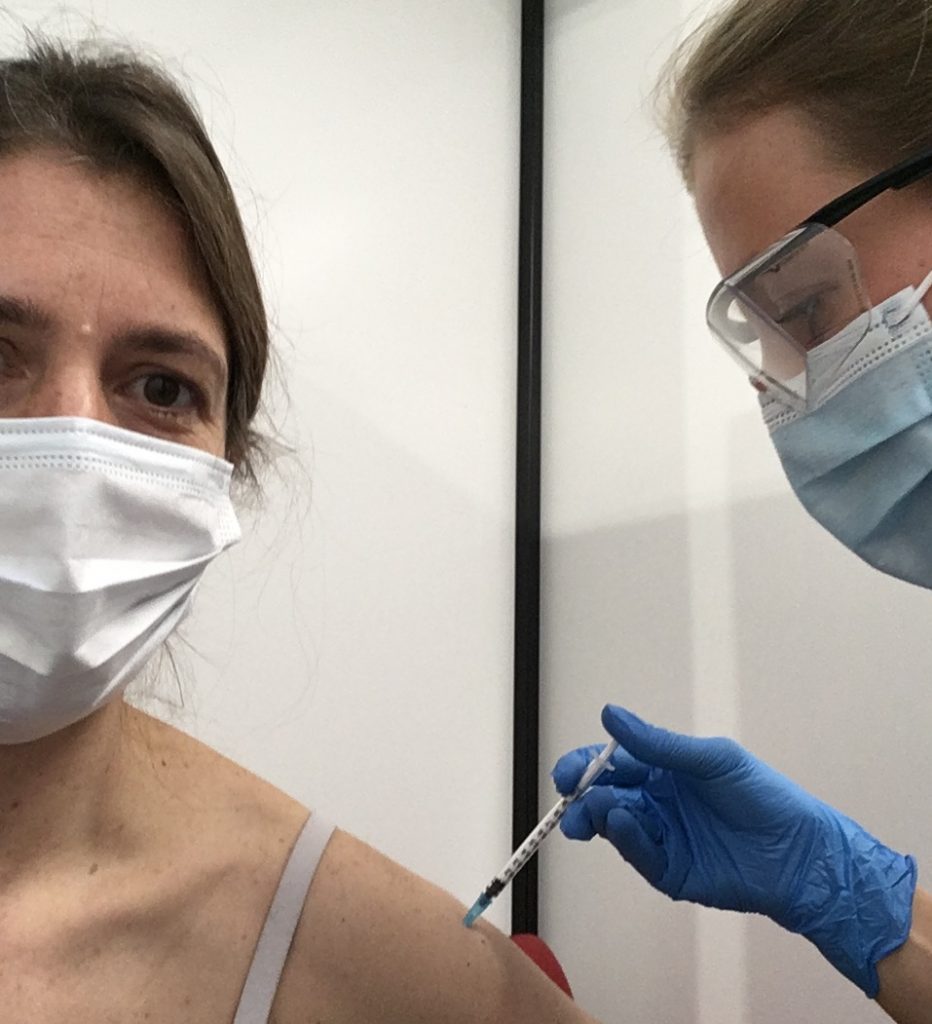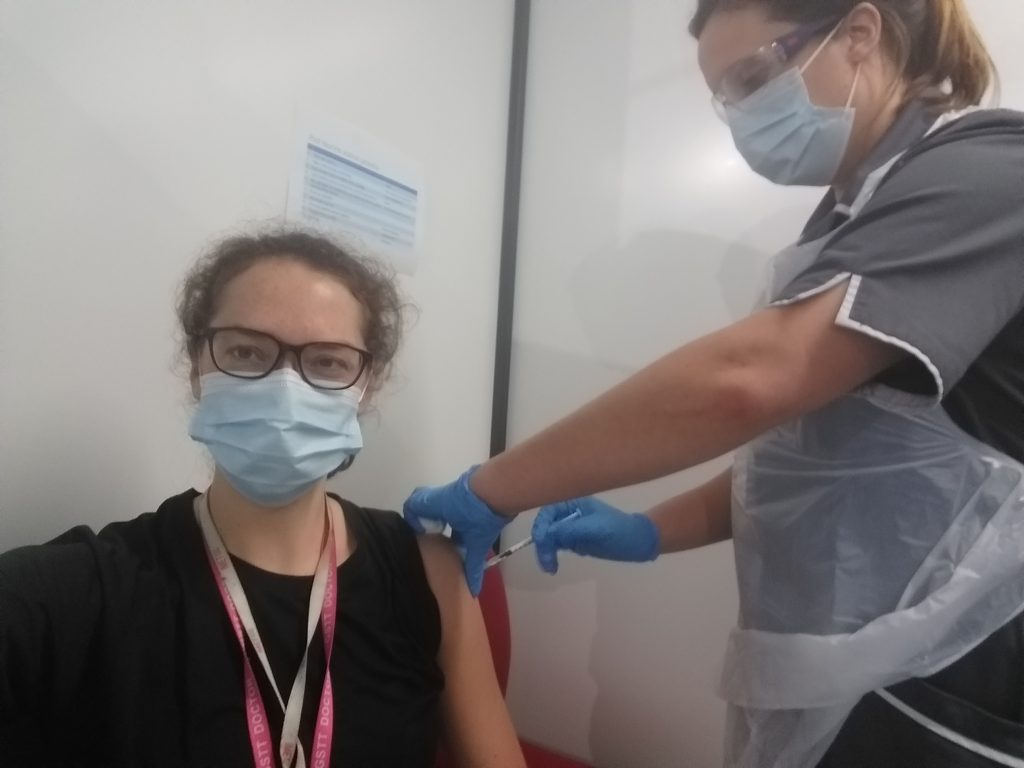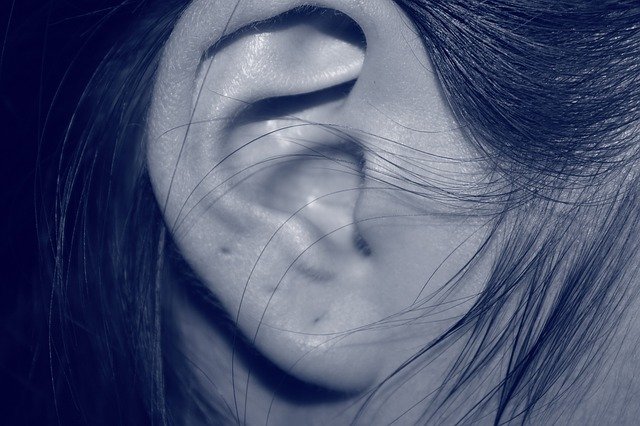11th January 2021

The latest PREDICT results have uncovered 15 gut microbes associated with lower risks and 15 with greater risks for common conditions such as type 2 diabetes and heart disease.
The team of researchers studied thousands of stool samples and found evidence that an individual’s microbiome is linked to the specific foods they eat. Furthermore, certain microbes in the gut are linked to biomarkers of metabolic disease, and the microbiome has a greater association to these markers than other factors, such as genetics.
The research, which identified novel microbes that have not yet been named, could be used to provide personalised dietary advice for improved health.
Professor Tim Spector, who started the PREDICT study programme and is scientific founder of healthcare science company ZOE explains:
“When you eat, you’re not just nourishing your body, you’re feeding the trillions of microbes that live inside your gut.”
The findings were published today in the prestigious journal Nature Medicine.
Eating for your gut
The PREDICT 1 study analysed detailed data on the composition of 1,100 participants’ gut microbiomes, their dietary habits and cardiometabolic blood biomarkers. 660 of our TwinsUK members took part in this study.
For example, the findings reveal that having a microbiome rich in Prevotella copri and Blastocystis species was associated with maintaining a favourable blood sugar level after a meal. Other species such as Eubacterium eligens and Roseburia sp. CAG:182 were linked to lower post-meal levels of blood fats and markers of inflammation.
Overall, the team found that diets rich in certain plant-based foods and healthy animal-based foods (e.g. oily fish, eggs and yogurt) were linked with the presence of “good” gut microbes that are associated with a lower risk of developing conditions such as obesity, type 2 diabetes and heart disease.
Conversely, diets containing more highly processed plant-based foods were more likely to be associated with “bad” gut microbes, as were diets containing less healthy animal-based foods.
This is the largest and most detailed study of its kind to uncover strong links between a person’s diet, the gut microbiome and their health, and these findings highlight the importance of food quality.
Dr Sarah Berry, from the Department of Nutritional Sciences at King’s College London said:
“As a nutritional scientist, finding novel microbes that are linked to specific foods, as well as metabolic health, is exciting. Given the highly personalised composition of each individuals’ microbiome, our research suggests that we may be able to modify our gut microbiome to optimise our health by choosing the best foods for our unique biology.”
Looking ahead
Professor Nicola Segata from the University of Trento, Italy, led the microbiome analysis. Of the findings and future research, he said:
“We were surprised to see such large, clear groups of what we informally call ‘good’ and ‘bad’ microbes emerging from our analysis.
“It is also exciting to see that microbiologists know so little about many of these microbes that they are not even named yet. This is now a big area of focus for us, as we believe they may open new insights in the future into how we could use the gut microbiome as a modifiable target to improve human metabolism and health.”
















